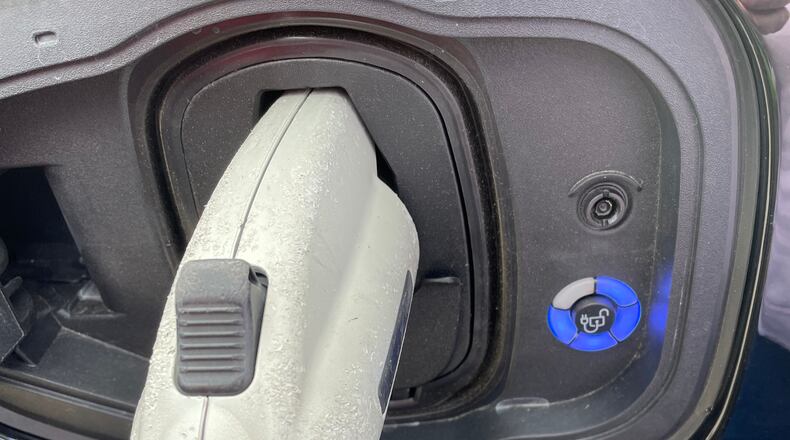Halderman:
I think the key is this. An electric car battery fully charged 100 kWh high-voltage battery has the energy equivalent of three gallons of gas. With that battery, the car can travel about 250 miles depending on the make and model. The key is efficiency. The cost of filling the high-voltage battery is about $10 worth of electricity, which is a lot less than the cost of gasoline needed to travel 250 miles in a gasoline -powered vehicle.
If traveling, the driver can use the car or a smart phone app, such as Plug Share, to locate high speed charging stations. Commercial charging stations charge by the kWh or by time depending on local laws. For example, a typical level 2 charging station at a shopping mall charges $0.45 pr kWh. Some level 2 charging stations are free to use at some stores and colleges.
I know there are many concerns about electric vehicles regarding total emissions and the effect on climate change. The electrical energy has to be created by the electrical grid that uses coal, natural gas or renewal sources. The emissions from centrally located power stations is easier to control than the emissions from thousands of vehicles. Most owners of electric vehicles charge them at night when electrical use is lower. This is achieved by programming the vehicle or the charging station at home to charge at a preset time interval. The vehicle can also be programmed to heat or cool the interior and prepare the high-voltage battery for use in the morning before leaving for work.
Regarding attaching a generator to charge the battery while driving, this is not practical. It takes power to rotate the generator, and this power comes from the electric drive motor. While it could charge the battery, the net result is less than what it takes to operate the generator.
Have an automotive question? Get a straight answer by writing to Jim at jim@jameshalderman.com
About the Author
